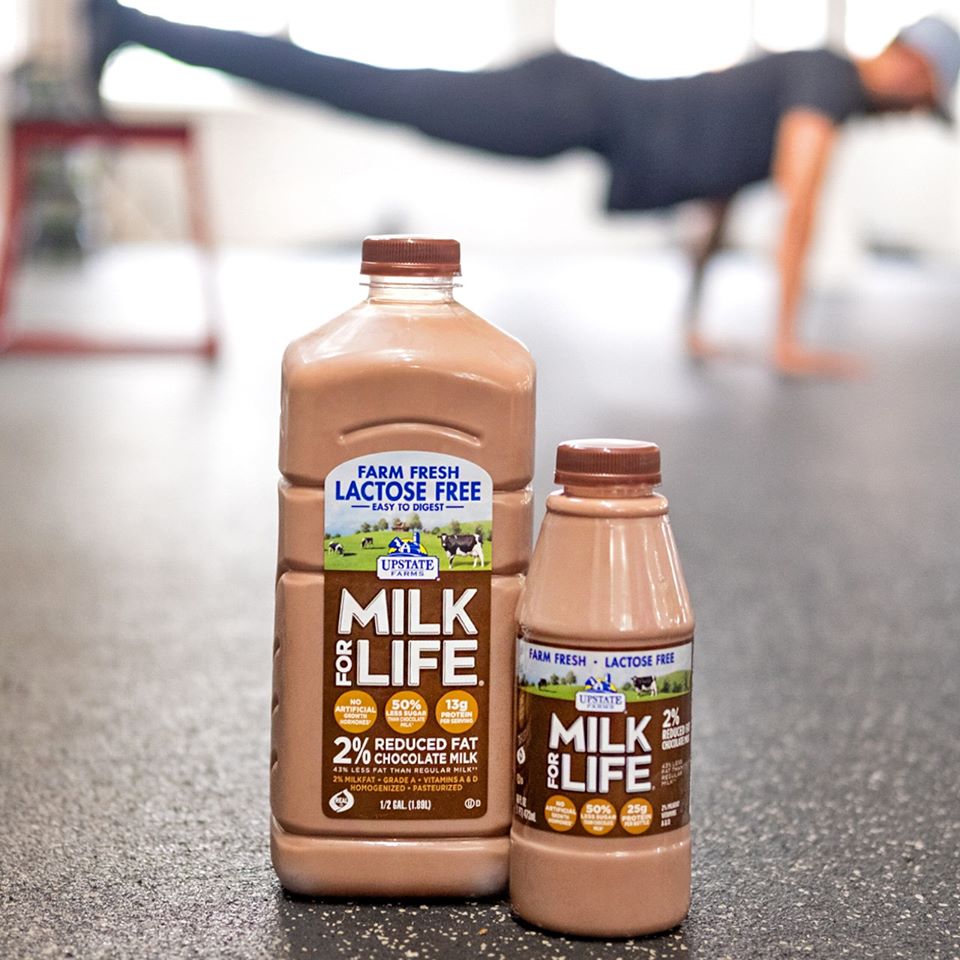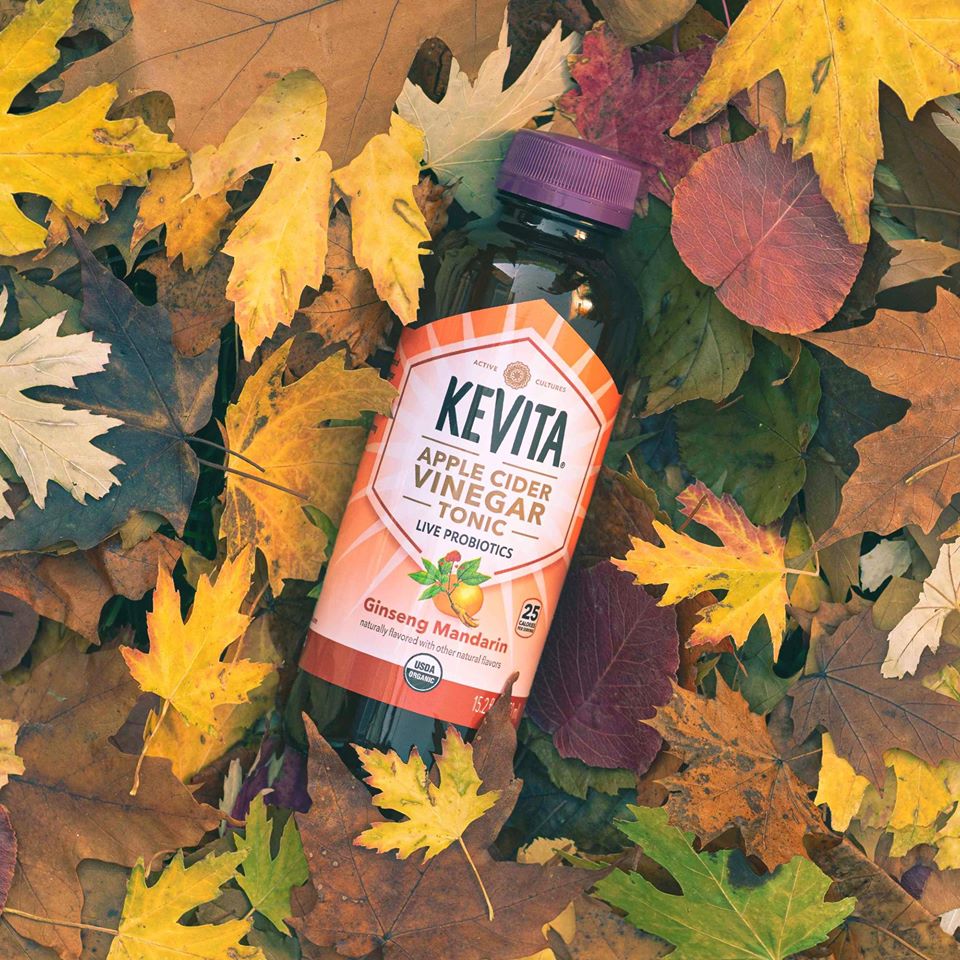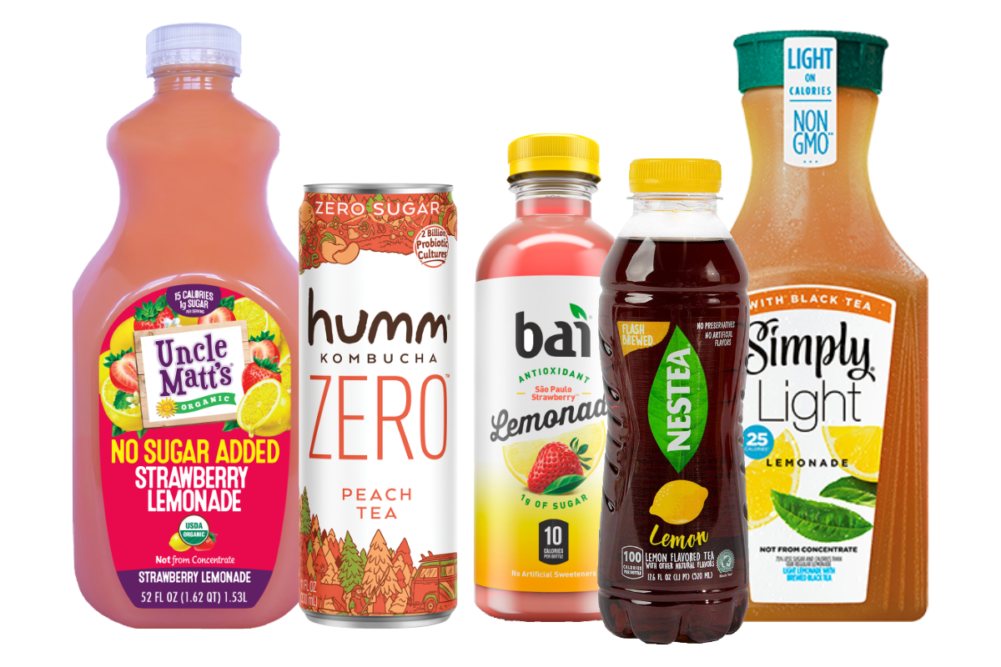CHICAGO — Sales of beverages in the United States will expand to more than $160 billion in 2020, up from $150 billion during 2019, according to Packaged Facts, Rockville, Md. The market researcher forecasts sales may exceed $170 billion by 2024, and natural high-intensity sweeteners will fuel innovation and help contribute to the growth.
“Sugar’s increasingly negative image due to its impact on rising diabetes rates and childhood obesity has hurt sales of sugary beverages, especially sodas, juices and ready-to-drink sports drinks and teas,” said Jennifer Mapes-Christ, food industry publisher for Packaged Facts. “People who want to reduce their sugar intake typically do not want sugar-free products but instead those with less sugar or those sweetened with natural, non-sugar ingredients. New product activity has surged for reduced-sugar varieties of beverages, with manufacturers using natural sweeteners like stevia and monk fruit, real fruit, honey and erythritol.”
Holly McHugh, marketing associate, Imbibe Inc., Niles, Ill., said, “Brands have to decide the tactics they want to use to maintain the sweetness levels that consumers expect. There are many ways brands can achieve sweetness and market their approach to consumers.”
Many consumers accept a little added sugar in products if it improves palatability, even if they are trying to reduce sugar intake, according to Innova Market Insights, Arnhem, The Netherlands. Some brands choose to combine sugar with natural high-intensity sweeteners to keep labels clean and calories low, but still deliver on taste and mouthfeel.
“Taste is king when it comes to consumer product preferences, and they are accustomed to the sweetness profile of sugar,” Ms. McHugh said. “Some brands overcome the stigma of using added sugars by calling out the source of the sugar for transparency and clean label purposes.
“A growing number of consumers are looking at product labels and making purchase decisions based on total sugar content, added sugar content and types of sweeteners used. The answer to creating a great-tasting low- or no-sugar beverage might not be a single sweetener, but rather a combination of sweeteners.”
Humm Kombucha, Bend, Ore., is introducing Humm Zero, a low-calorie, zero-sugar shelf-stable kombucha beverage. Humm Zero starts just like traditional kombucha with water, tea and sugar. The company’s fermentation process eliminates all of the sugar while keeping the probiotics. It is sweetened with allulose and monk fruit.
Monk fruit, also known as luo han guo, is a small, vine-grown, subtropical fruit that derives its intense sweetness from naturally occurring antioxidants called mogrosides, which are up to 300 times sweeter than sucrose.
While not a high-intensity sweetener, allulose is gaining traction in sugar reduction and is one of the newest natural sweeteners in a beverage formulator’s ingredient toolbox. It often is referred to as a “rare sugar” because of its discovery in small quantities in certain foods. Formulators appreciate how the monosaccharide provides bulk and mouthfeel like sucrose but without the calories, as it is not metabolized by the body. Its caloric value in humans is about 0.2 per gram versus 4 calories per gram of sucrose.

Allulose is only about 70% as sweet as sucrose, so it often is used in combination with sugar or high-intensity sweeteners. It tastes like sugar with a similar sweetness curve, unlike other low- and no-calorie sweeteners that may have upfront intense sweetness, lingering tastes or bitterness. And unlike other caloric sugars, allulose has no impact on blood glucose or insulin levels.
Allulose was recognized as GRAS in June 2012. In April 2019, the Food and Drug Administration determined it may be excluded from total and added sugars counts on labels and that the lower calorie content may be used for total calorie determination.
Bai Brands, Princeton, NJ, a business unit of Keurig Dr Pepper, relies on a blend of erythritol and stevia leaf extract to keep calories negligible. The company’s fruity lemonades also include juice concentrate, which contributes flavor, color and a touch of natural sweetness. The three flavors — blackberry, blueberry and strawberry — contain 1 gram of sugar and 10 calories per 18-oz bottle.
Erythritol is a sugar alcohol that imparts sweetness and may improve mouthfeel. For zero-sugar products, it often is combined with high-intensity sweeteners, such as stevia.
High-purity steviol glycoside extracts received GRAS status in 2008. Since then, the sweetener has gone through many production and extraction enhancements, resulting in better-tasting and more economical varieties. Stevia leaf extract comes from the sweet leaves of the stevia plant and is more than 200 times sweeter than sucrose.
Uncle Matt’s Organic, Clermont, Fla., introduced at the beginning of summer a line of no-sugar-added lemonades. Available in classic and strawberry flavors, the drinks are sweetened with organic stevia with one serving containing 15 calories and 1 gram of fruit sugar.
Simply Beverages, Apopka, Fla., added Simply Light to its lineup earlier this year. The lemonades and orange juice drinks have less sugar and fewer calories than their traditional counterparts, according to the company. By combining either 10% lemon juice or 42% orange juice with water and other natural ingredients, the company is able to cut the sugar in half in the orange juice drinks and by 75% in the lemonades, producing beverages with 50 or 25 calories, respectively, per 8-oz serving. The orange juices contain stevia, yielding a beverage with 11 grams of inherent sugar and no added sugars. The lemonades are sweetened with a blend of sugar and stevia, delivering 5 grams of added sugar per serving.
Stevia enabled Upstate Niagara Cooperative, Buffalo, NY, to formulate a chocolate milk with 50% less sugar than regular chocolate milk. New lactose-free Chocolate Milk For Life is made with 2% reduced-fat milk and contains the lactase enzyme, which further assists with sugar reduction. The lactase enzyme breaks down milk’s inherent lactose, a disaccharide, into the monosaccharides glucose and galactose, which are sweeter than lactose.
The sweetness of drinkable yogurts and other fermented dairy beverages may be improved when lactase is used with certain cultures. This is because enzyme activity may vary with the pH of the system.
“Innovative cultures can help reduce the amount of added sugar yet keep the sweet taste,” said Jessica Bentley, commercial development manager, Chr. Hansen, Milwaukee. “These patented cultures work by converting the naturally occurring sugars in milk, using more of the lactose and leaving glucose in the product matrix. Glucose provides sweetness, meaning that less sugar needs to be added for the same sweetness intensity of the final fermented milk product. This enables the development of natural and clean label products, avoiding the use of artificial sweeteners.”

Product developers are using different combinations of sweeteners to reduce sugar content in a variety of beverage applications. KeVita Apple Cider Vinegar Tonic from PepsiCo, Purchase, NY, for example, is a refrigerated beverage fermented with water kefir cultures and provides billions of live probiotics. Sweetened with stevia, a bottle contains 40 calories. Varieties include elderberry, ginseng mandarin, Meyer lemon and turmeric ginger.
Nestle USA, Bridgewater, NJ, now offers Nestea Flash Brewed tea, which is prepared using an innovative aseptic fill process known to better preserve nutrients and retain true flavor. There are three flavors — black lemon, black peach and green raspberry — all prepared without preservatives or artificial flavors. A 17.6-oz bottle contains 100 calories as a result of being sweetened with a combination of beet sugar and stevia extract.
Cleveland-based Nooma, which is known for its namesake organic sports drink designed for intake during or after a workout, is now rolling out an organic pre-workout beverage. The drinks are made with organic fruit juice concentrates and organic flavors and are slightly sweetened with organic stevia leaf extract. The four flavors are dragonfruit, lemon lime, orange ginger and pineapple mango.





